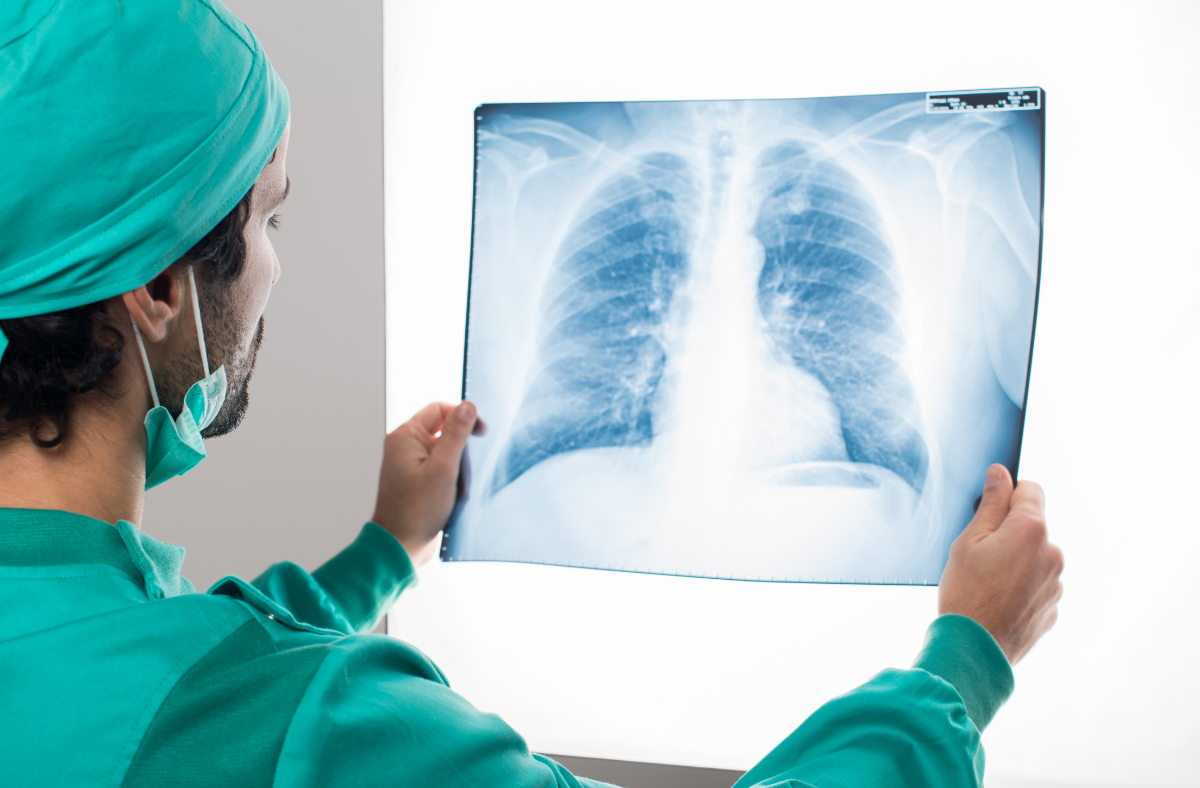
Chronic obstructive pulmonary disease, or COPD, is a serious lung condition that affects millions of Americans.
This article will provide an overview of the different types of treatments available for COPD, as well as some things you should know about the disease.
What is COPD?
If you are one of the many people who have been diagnosed with COPD, it is important to seek treatment and learn as much as you can about your condition.
COPD, Chronic Obstructive Pulmonary Disease, is an umbrella term used to describe a range of chronic lung conditions, including chronic bronchitis and emphysema. COPD can damage air sacs in the lungs and make it hard for air to move in and out of them. This makes breathing difficult, with symptoms such as fatigue, frequent coughing, excess mucus production, and shortness of breath. A person’s risk for developing COPD increases if they are a smoker or used to be a smoker. It is important for individuals who smoke to get regularly checked by their doctor in order to properly diagnosis COPD earlier rather than later as this can help manage the symptoms and slow down the progression of the disease.
Treatment
When it comes to treating COPD, the goal is to reduce symptoms and improve your quality of life. Treatment typically involves a combination of medications and lifestyle changes. Medications such as bronchodilators, corticosteroids, and other inhaled drugs can help open up airways and make breathing easier. You may also be prescribed oxygen therapy, which can provide additional benefits for people with advanced COPD. Additionally, pulmonary rehabilitation programs are available in many areas that focus on improving physical activity levels and overall health.
Lifestyle changes can also play an important role in managing COPD. These include quitting smoking (if you’re a smoker), eating a healthy diet, exercising regularly, avoiding exposure to smoke or other irritants, and getting enough rest. It’s important to talk to your doctor about what lifestyle changes are right for you, as some activities may be too strenuous or difficult with COPD.
Finally, it’s important to remember that COPD is a progressive disease and there is no cure. However, with the right treatment plan and lifestyle modifications, you can manage your symptoms and lead an active life. Make sure to take all medications as prescribed by your doctor and attend regular check-ups to monitor your progress. Most importantly, don’t hesitate to ask questions if you’re ever unsure about something related to COPD treatment – knowledge is power!
A-Z Primary Care offers customized treatment plans for patients with COPD. Contact us today to schedule an appointment and find out how we can help you. Call us at 1-281-801-4286.

